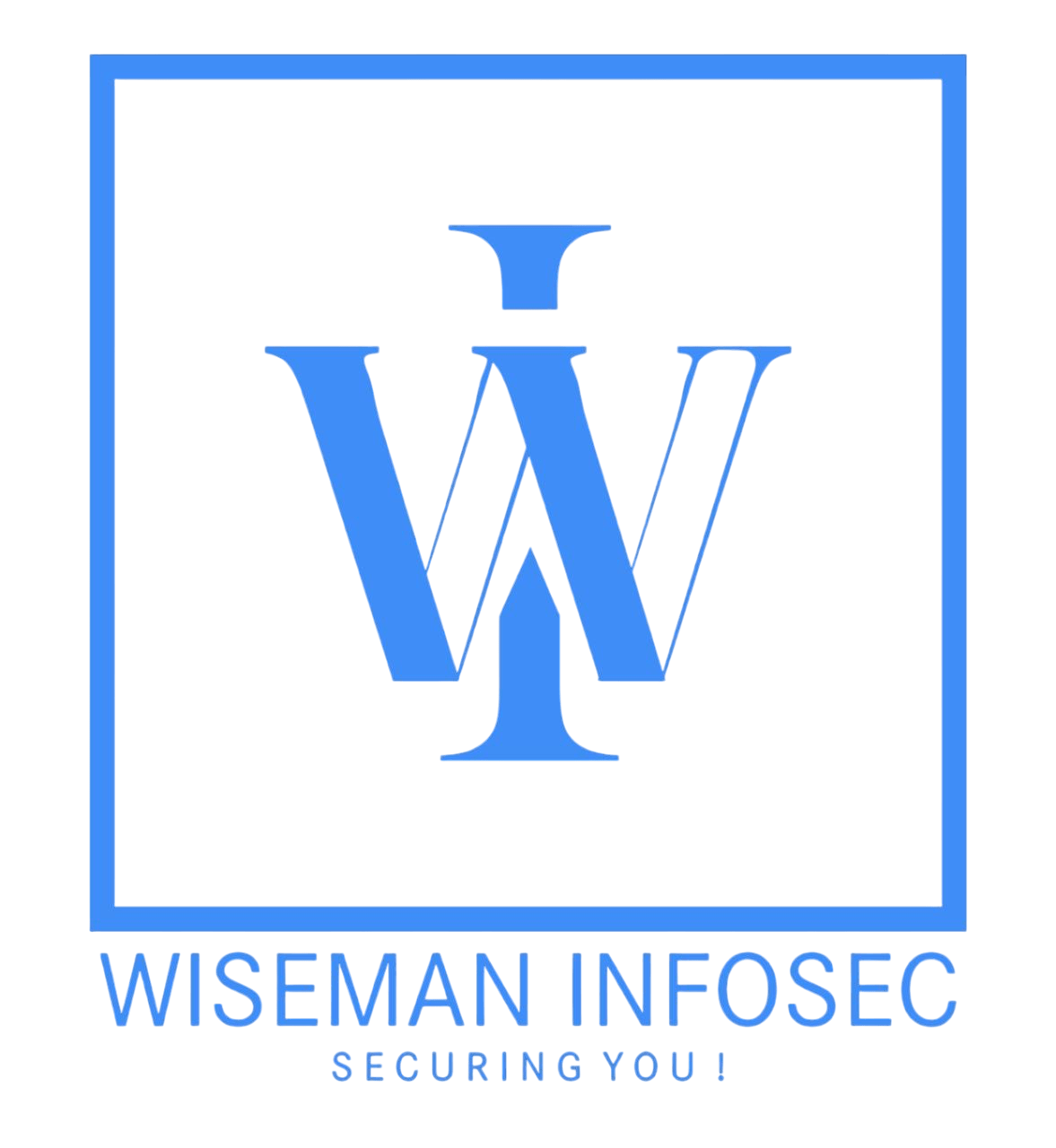PAM learning path
A Privileged Access Management (PAM) course focuses on securing and controlling access to sensitive systems and data by managing privileged accounts. It teaches techniques for implementing least privilege policies, auditing access, and mitigating the risks of insider threats. The course also covers best practices for selecting, deploying, and maintaining PAM solutions in enterprise environments.
Computer Basics & IT Fundamentals
Fundamentals of Cybersecurity
Introduction to Identity and Access Management (IAM)
Introduction to Privileged Access Management (PAM)
Solution-Specific Tracks
CyberArk Learning Path
Advanced CyberArk Integrations
CyberArk Secrets Management (Conjur)

Secure secrets and credentials in DevOps pipelines using CyberArk Conjur
BeyondTrust Learning Path
BeyondTrust Privileged Remote Access (PRA)
BeyondTrust Advanced Integrations

Integrate BeyondTrust with SIEM, ITSM tools, and automate routine tasks
Delinea (Thycotic) Learning Path
Advanced Thycotic Features & Customization
HashiCorp Vault Learning Path

HashiCorp Vault Basics
Advanced Vault Deployment & Integrations

Deploy Vault in cloud environments and integrate with Kubernetes and CI/CD pipelines
PAM Architecture & Design Across Platforms
Real-World Case Studies & Best Practices
Hours Per Day
≈ 7-8 Months
≈ 6 Months
≈ 5 Months
System Administrator
$89,000 /year
What day-to-day looks like
- System Monitoring and Maintenance
- Design and Development
- OS and Application Installation, Configuration, and Testing
- Performance Monitoring
- System Automation
- Technical Support
- Security and Backup
- Continuous Improvement
- Collaboration and Coordination
Start The Test
Test your Readiness for Free!
The skills test is a hands-on exam that helps you identify where you stand today in your preparation for your DevOps exam. Do you know about DevOps enough to attempt the exam? Find out now!
FAQs
1. What is Privileged Access Management (PAM)?
PAM is a cybersecurity framework that controls and secures access to critical systems by managing privileged accounts, credentials, and sessions.
2. Who should take this learning path?
- Security professionals managing privileged access.
- IT administrators and system engineers.
- Compliance and risk management professionals.
3. What will I learn?
- PAM fundamentals and access control models.
- Implementation of PAM solutions like CyberArk, BeyondTrust, and Delinea.
- Least privilege enforcement and privileged session management.
4. Are there any prerequisites?
Basic knowledge of networking, operating systems, and identity management is recommended.
5. What certifications can I pursue?
- CyberArk Defender/Guardian/Sentry
- BeyondTrust Certified Administrator
- Thycotic Secret Server Certification
6. What career opportunities are available?
- PAM Engineer/Architect
- IAM Security Analyst
- Compliance and Risk Specialist


